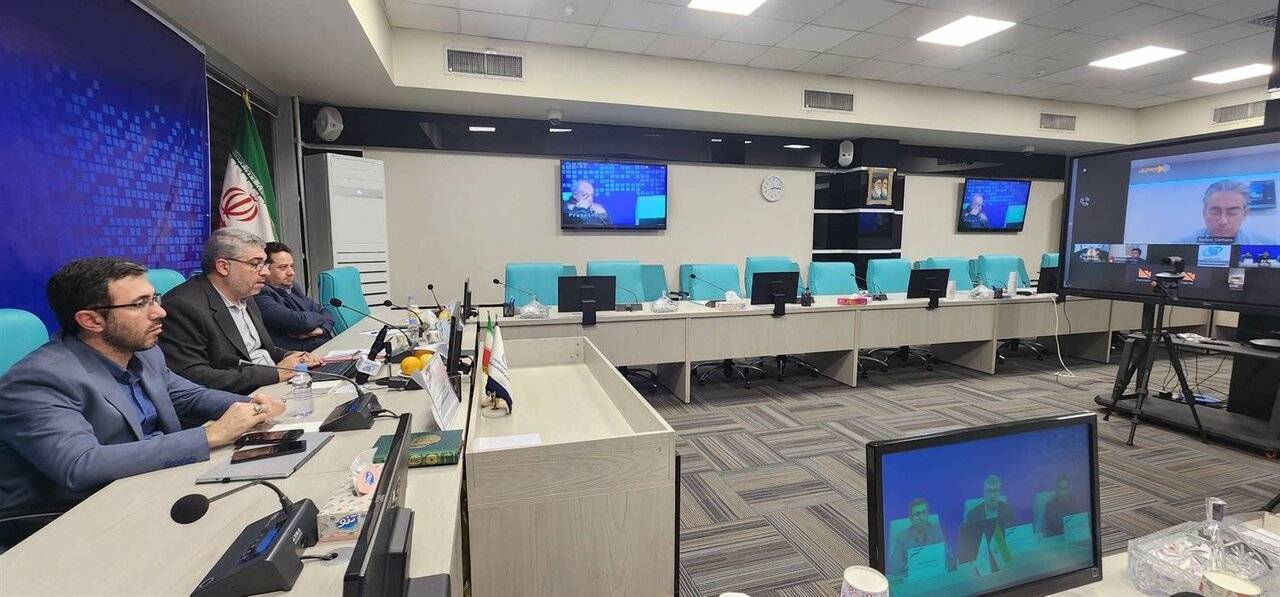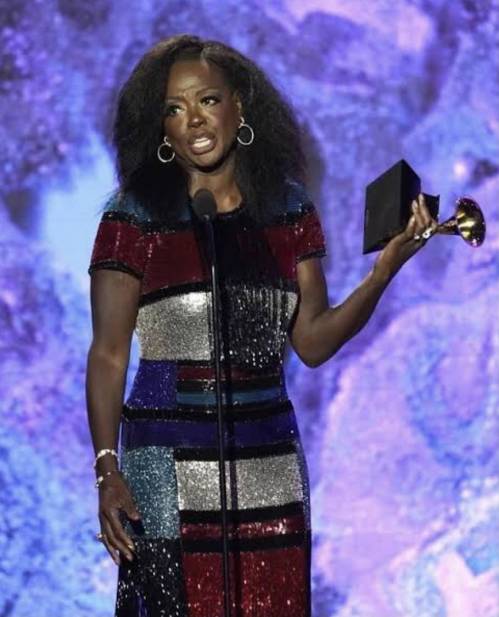Iran, Cuba ready to co-op in smart e-governance

The agreement was reached following a memorandum of understanding signed in June and the subsequent signing of the joint action plan between the two countries.
In this line, Iran’s Deputy Minister of Information and Communication Technology, Mohammad Khansari, and Cuba's First Deputy Communications Minister, Wilfredo Gonzalez Vidal, met virtually on Wednesday, December 13, Mehr news agency reported.
Khansari, referring to the history of cooperation between the two countries and the recent visit of Cuban President Miguel Diaz-Canel to Iran, emphasized, “Iran is ready to exchange experiences in communication fields, especially smart electronic governance.
While enumerating the records of cooperation between Iran and Cuba in various fields, including vaccine production during the Coronavirus pandemic, Khansari announced Iran's readiness to expand cooperation in sharing knowledge and technology.
For his part, Javad Movahhed, the deputy head of the Information Technology Organization, explained the implementation of the electronic and smart governance project in Iran.
He went on to enumerate the conceptual model of the electronic government, the most important projects being implemented, and the organisation's development, including the smart government unit window, the national license portal, the national information exchange center, and the land management window. He also listed achievements in this field.
Gonzales Vidal, welcoming the issues raised in the meeting, stated that Cuba is interested in using Iran's experiences in smart e-governance, especially in education, and using the capacities of Iranian companies to meet Cuba's technological needs.
Iran, Cuba boost tech-ties
On December 5, on the sidelines of Cuban President Miguel Diaz-Canel’s visit to Tehran, a memorandum of understanding was signed between the Iranian Vice Presidency for Science, Technology and Knowledge-Based Economy and the Ministry of Science, Technology and Environment of the Republic of Cuba.
The main objective of this agreement was to promote and expand scientific and technological cooperation based on the principles of equality and mutual benefit, in accordance with the relevant laws and regulations, through the development of cooperation projects in the fields of science and nanotechnology, biotechnology, climate change, and other areas agreed by the parties.
The agreement also included the exchange or designation of scientists and researchers to carry out joint projects and share experiences, transfer, or exchange technology in science, technology, and innovation.
Moreover, it involved organizing or providing support to hold symposia, conferences, forums, seminars, workshops, and training courses in areas of mutual interest.
Establishing a joint working committee and a joint science and technology center were other agreement goals.
E-government
Regarding the rise of internet penetration in different nations, the online services provided by the government inform citizens and facilitate their administrative procedures through e-services.
The e-government encompasses digital interactions between governments and their citizens, as well as between different governments and business between the employees.
Regulatory services, as well as some transactions like filing of online tax returns and applications for services and grants, provide a facility for active online involvement of citizens.
The online government can also benefit vulnerable and disadvantaged groups, providing information for them, including immigrants or the elderly.
One of the most critical aspects of the e-government is the government transparency that is provided. Through government transparency, the public is informed about the activities of the government and the policies which are implemented.
Iran ready for sci-tech co-op
On November 3, Vice President for Science, Technology, and Knowledge-based Economy, Rouhollah Dehqani-Firouzabadi, condemning unilateral coercive measures against Iran's knowledge-based and scientific companies, announced Iran's readiness for scientific and technological cooperation with other countries to make a better world.
Referring to the significant role of knowledge and innovation and their tremendous impact on the progress of nations, Firouzabadi said Iran's civilization had honored knowledge throughout history.
“Our ancient teachings and the contributions we have made to the advancement of science and technology are proof of that saying.”
He made the remarks at the 15th session of the United Nations Human Rights Council (UNHRC) Social Forum held from November 2 – 3 in Geneva, IRIB reported.
Iran's developments in the field of science and technology, improving people's welfare by using science and technology capacities, Iran's strategies in dealing with the coronavirus, Iran's technological solutions to improve the health of society, technological employment and solving social problems with soft technologies were among the most important topics of Firouzabadi's speech.
“Since establishing the United Nations, Iran has remained committed to multilateral cooperation, including global cooperation through the United Nations.
“We are keen to engage with the international community and share our research with them while benefiting from the best practices, developments, and achievements of other countries in the fields of science, technology, and innovation,” IRIB quotes Firouzabadi as saying.
The innovation ecosystem and knowledge-based companies in Iran are a testimony of the sustainable potential of our youth and the pivotal role of women in management levels, he said.
He went on to say that knowledge-based companies play a key role in developing new technologies and solutions to face today's challenges; they have a profound impact on the preservation of basic human rights such as the right to life, health, work and development, and at the same time they deal with inequalities, poverty and unemployment in society.






0 Comment